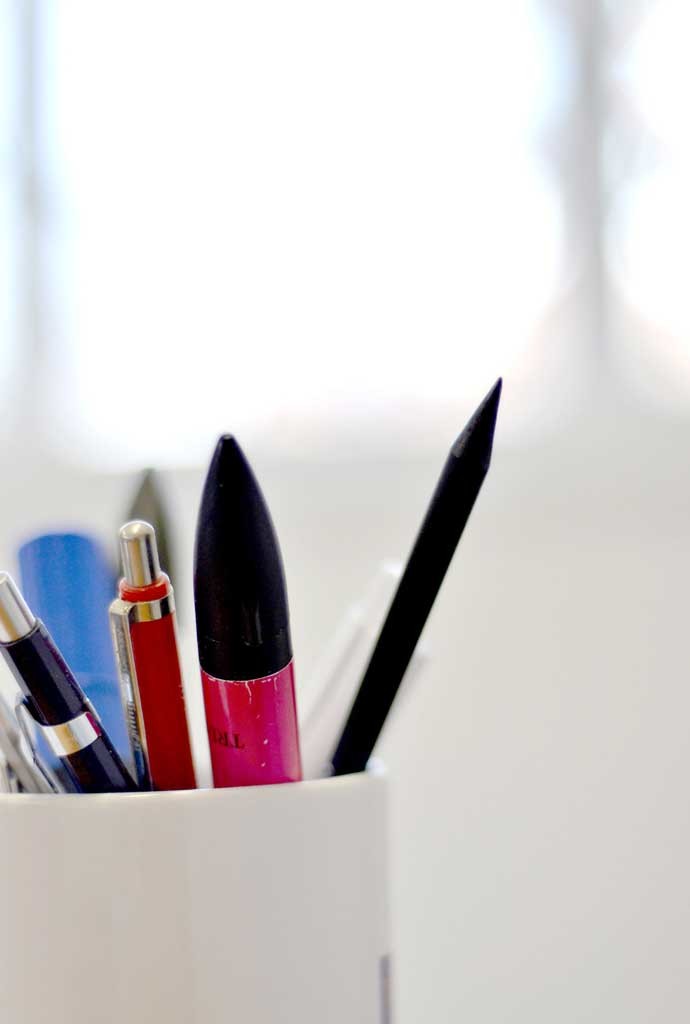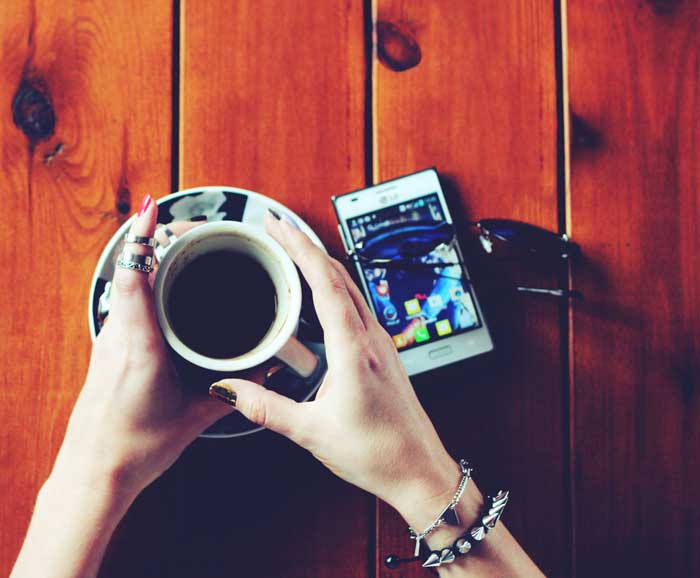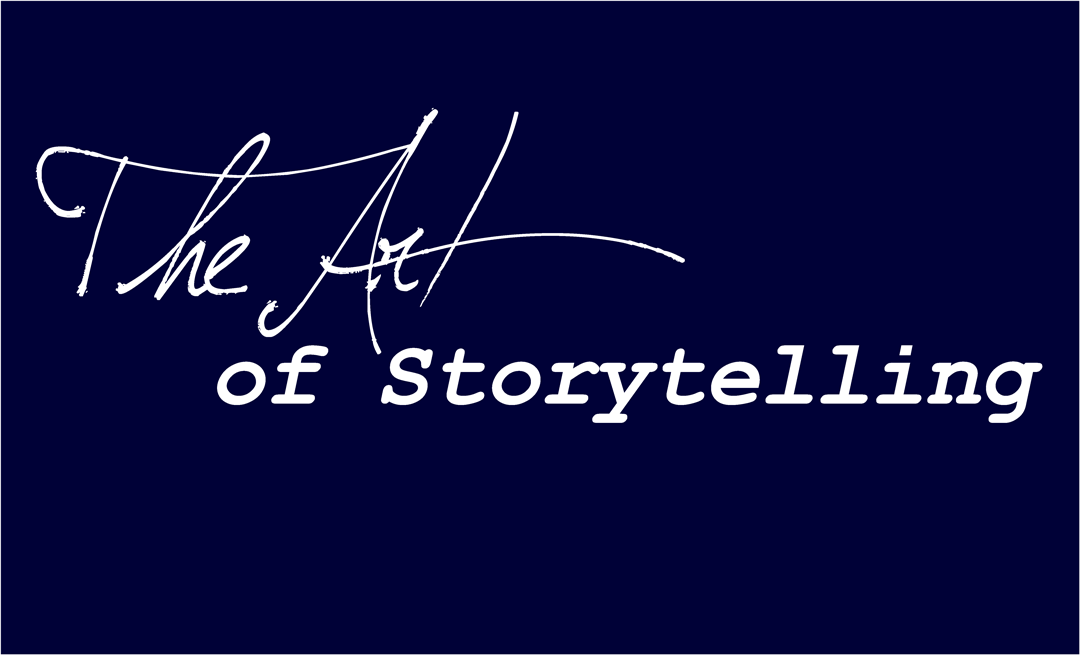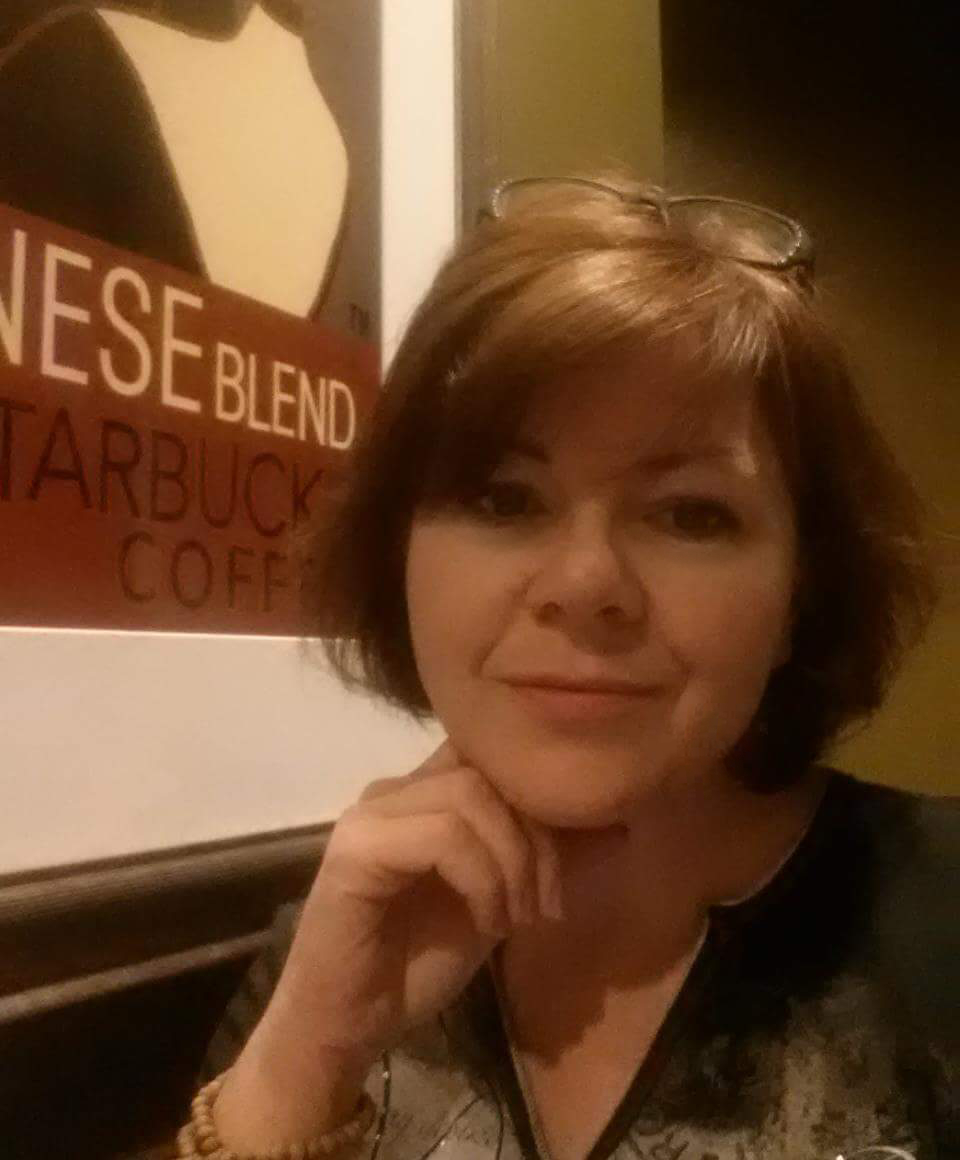Imagine, if you would, a cup.
Maybe it’s your favorite cup.
Now imagine that you want a cup of hot coffee.

You reach for your cup but, to your chagrin, you find that it is full of pens, gum wrappers, coins, paperclips, bits of broken crayons, a few wadded up receipts, and a couple of rubber bands.
What do you do?
Now, don’t say you would just get another cup out of the cupboard. There is no cupboard in this metaphor. That cup right there is your only choice.
So you do the logical thing: you empty the cup!
How about another example?
Your refrigerator is full, but you have some leftover takeout, or birthday cake, or a lovely casserole that your neighbor brought over and you need to put it in the fridge.
What do you do?
You make space in the fridge!
Here’s another one:
Your closet is full of clothes from the winter, but it’s now spring and you need a new wardrobe.
What do you do?
You clean out your closet, making space for the new clothes, right?
You get the picture.
What does this have to do with creativity?
EVERYTHING!
If you don’t have the internal space for creativity, you cannot—I repeat, cannot—live up to your full creative potential.
You see, creativity requires space. Space for thinking. Space for feeling. Space for dreaming. Space for new ideas. Space for surprise.
If, like most people, your internal space is all filled up—with over-busy-ness, with worry, with regret, with work, with homework, with household obligations, with over-commitment, with plans and to-do lists and unnecessary obligations that you take on out of a sense of guilt or a need to please—then you have no room for creativity.
So if you find yourself struggling for every line, fighting for every word…
Get empty.
How each one of us does that is different.
For some, it might mean completing necessary tasks that are weighing on the mind, like cleaning out the garage or finishing classes.
For others, it might mean taking on fewer responsibilities at home or at work, changing jobs altogether, or simply going on a vacation to de-stress.
It might mean learning to say “no” when people ask you to commit to yet another unnecessary obligation.
In my case, it meant consciously making the decision to stop overloading my brain.
You see, I have this crazy obsession with learning. I am always trying to improve myself, learn new skills, and pack more value into my “toolbox.” At any given moment, I have at least ten tabs open in my browser to various blog posts that are on my reading list, plus at least three books that I am in the middle of reading. Add to that a grad school class or two and my cup literally runneth over.
I was running around, learning all these great things, but I had a horrible case of writer’s block. I would dutifully sit down every day with my work-in-progress but I could not write one single paragraph.
One morning, the problem hit me. So I hit the brakes. Screech!
I was overloaded. Sure I had all this great new information swirling around inside my head and that should have been fantastic fodder for creativity—but it was more like a complete roadblock.
I consolidated my learning, cleared out my browser, and toned everything way down.
I made space.
I got empty.
And then something amazing happened. I did something that I absolutely love–something that is a passion of mine–but that I haven’t done at all for the past two years.
I worked in my garden. I cleaned out the beds, dumped the compost bin into them and worked the soil. I went to the nursery and bought tomato plants, pepper plants, and squash plants, and then I planted them. Now, every day I spend some time out in the garden, watering, weeding, or just sitting.
My writer’s block is gone.
You see, the very act of emptying our internal cup allows space not only for creativity, but also for the soul to recharge. And only then, when our batteries are fully charged, can we live up to our full creative potential.
Like what you’re reading? Subscribe to receive new blog post updates via email, or follow my blog on WordPress.




 Annisa Tangreen
Annisa Tangreen